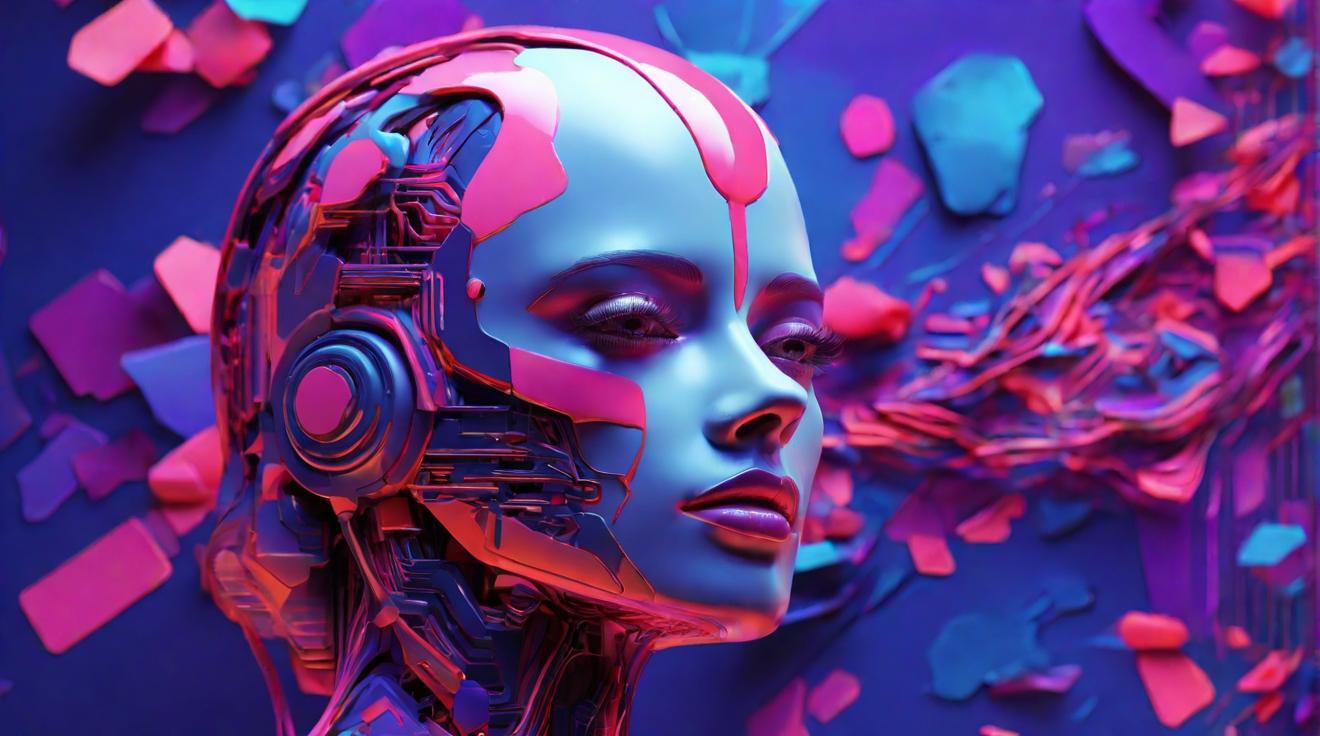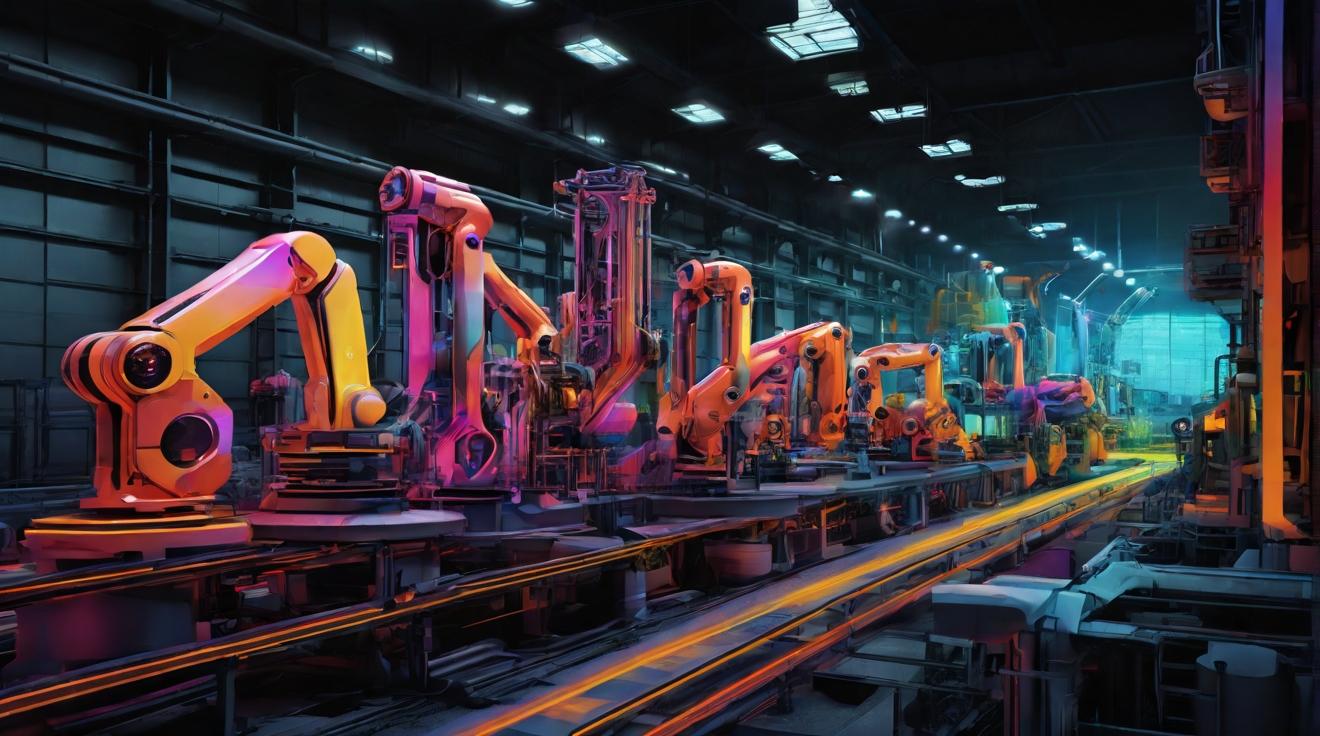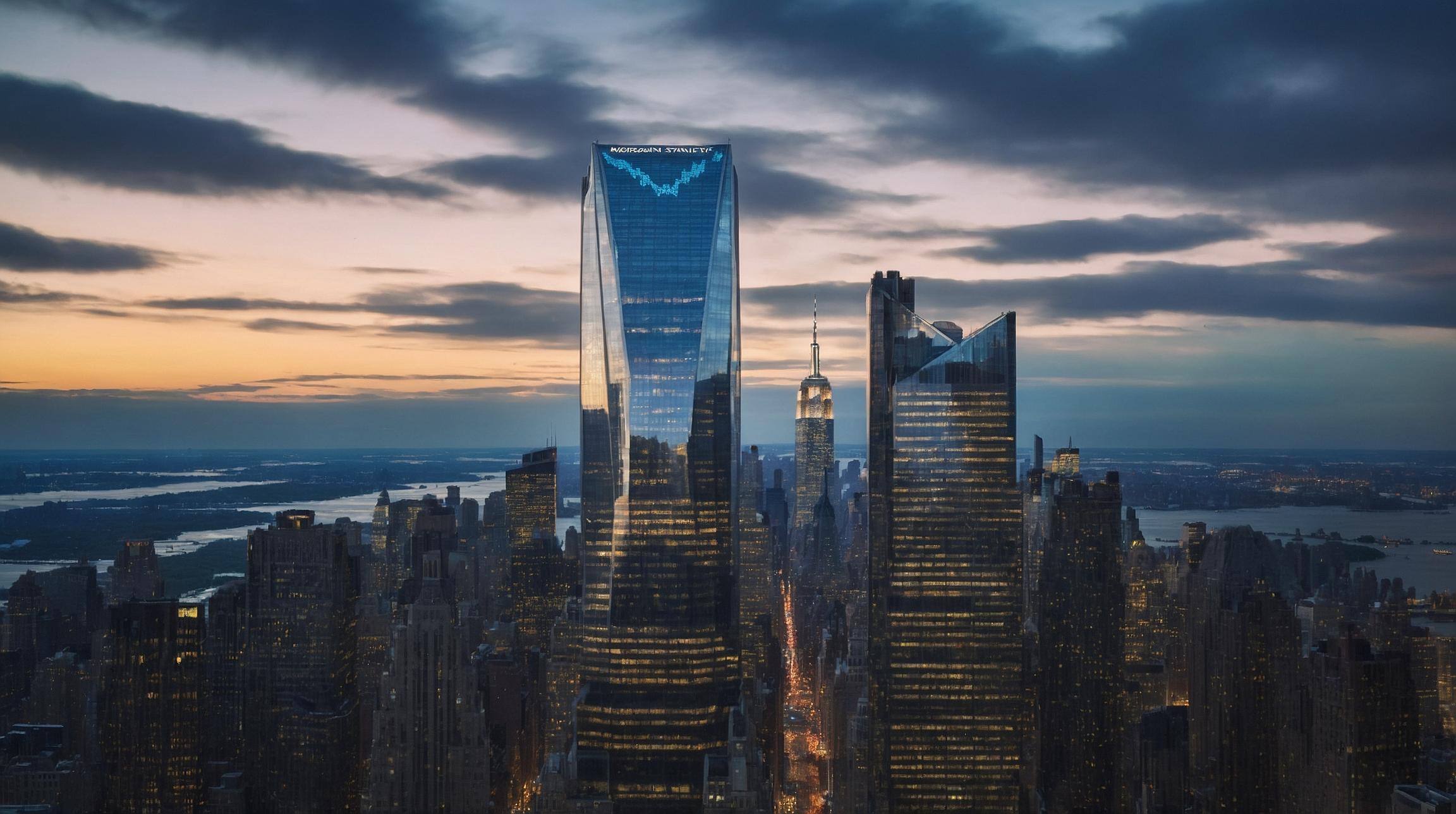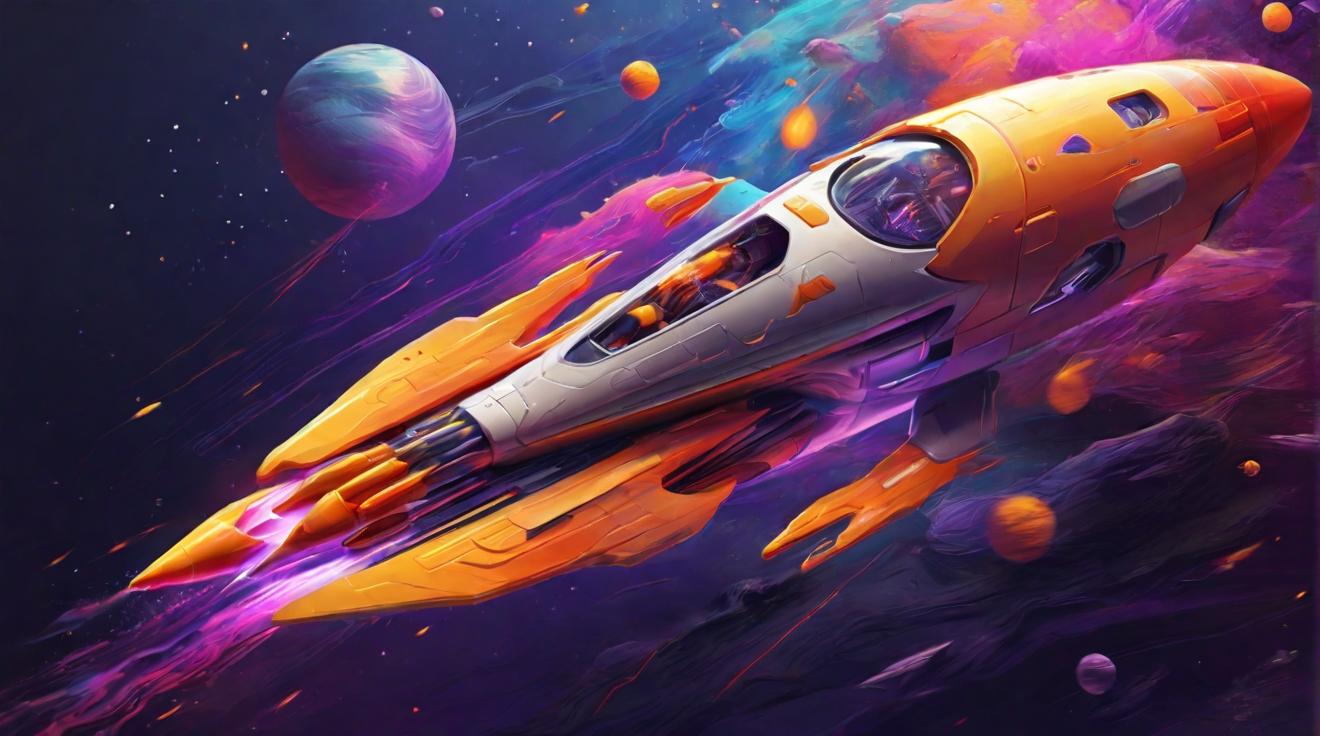A24's "Civil War" Ignites Debate Over AI-Generated Art in Promotional Material
The drama "Civil War", produced by indie powerhouse A24, is at the center of an escalating controversy. The film, which delves into the intense world of war journalists, has sparked discussions not just about its content but also its promotional strategies. Central to the current uproar is A24's decision to employ AI-generated art for the movie's promotional posters—a choice that has stirred ethical concerns and criticism across online platforms.
These posters, which have been widely circulated on social media, showcased apocalyptic imagery purportedly tied to the film's narrative. However, it soon emerged that these dramatic scenes are absent from the actual movie, leading to confusion and disappointment among fans. This revelation has not only questioned A24's advertising practices but also opened up a broader debate on the exploitation of artists' work and the implications of AI in creative industries.
Critics argue that the use of AI to create promotional art is a form of misleading advertising. The controversy underscores a growing concern over the ethical boundaries of AI technology, especially regarding intellectual property rights and fair compensation for creatives. The backlash against A24 showcases a larger, industry-wide conversation about the need for transparency and ethical guidelines when it comes to AI-generated content.
At the heart of this debate is the question of whether AI-generated art constitutes a creative breakthrough or a controversial shortcut that undermines the value of human artists. As this conversation unfolds, the controversy surrounding "Civil War" serves as a crucial case study for other players in the entertainment industry, urging stakeholders to consider the moral implications of their promotional tactics.
In the era of digital innovation, A24's approach to marketing "Civil War" reveals the complex interplay between technology, creativity, and ethical responsibility. How the industry responds to these challenges will likely shape the future of film promotion and the role of AI in art creation, setting precedents for how creative outputs are valued and protected in the digital age.
Analyst comment
Positive:
– A24’s promotional strategy has sparked discussions and opened up a broader debate on the exploitation of artists’ work and the implications of AI in creative industries.
– The backlash against A24 showcases a larger, industry-wide conversation about the need for transparency and ethical guidelines when it comes to AI-generated content.
– The controversy surrounding “Civil War” serves as a crucial case study for other players in the entertainment industry, urging stakeholders to consider the moral implications of their promotional tactics.
– A24’s approach to marketing “Civil War” reveals the complex interplay between technology, creativity, and ethical responsibility.
Negative:
– The use of AI-generated art in promotional posters has stirred ethical concerns and criticism across online platforms.
– The revelation that the dramatic scenes shown in the promotional posters are absent from the actual movie has led to confusion and disappointment among fans.
– Critics argue that the use of AI to create promotional art is a form of misleading advertising.
Neutral:
– The industry’s response to these challenges will likely shape the future of film promotion and the role of AI in art creation, setting precedents for how creative outputs are valued and protected in the digital age.
As an analyst, it is predicted that the market will see increased discussions and debates over the use of AI in promotional strategies and the ethical implications of AI-generated content. Stakeholders in the entertainment industry may become more cautious and considerate of the moral implications of their promotional tactics. This could lead to the establishment of ethical guidelines and transparent practices in the use of AI in creative industries.













